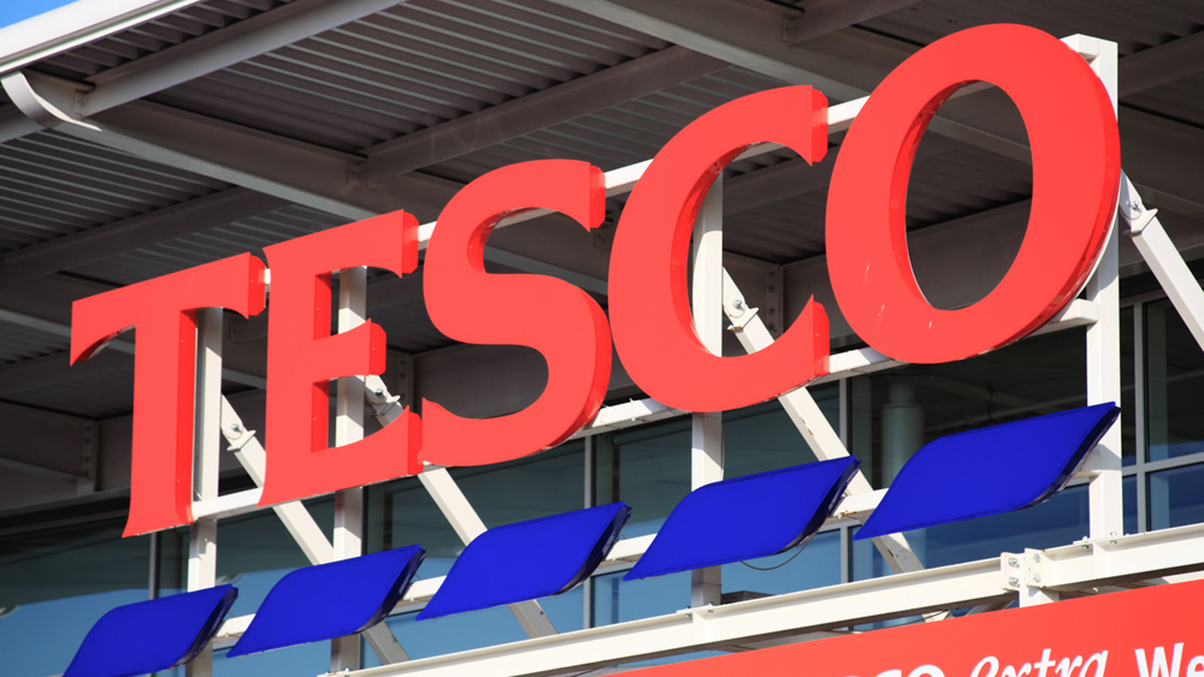Head of our Securities Litigation team, Keith Thomas recently took part in a round table discussion organised by Corporate Disputes Magazine.
Keith gives some insight into the market over the past 12 months, as well as looking at key ethical issues that arise. He discusses the Tesco litigation as the first case being brought under Section 90A of the Financial Services and Markets Act 200 (FSMA), and the trial currently scheduled for June 2020. He also offers some thoughts on the processes and procedures that companies might consider implementing to effectively manage their investment portfolio and any litigation that may arise.
CD: Could you provide an overview of securities litigation activity over the past 12 months? What key trends have you observed in this space?
Keith: The UK securities litigation market has experienced an increase in activity, with a lot more potential cases being evaluated by funders and law firms to determine if successful actions could be brought under the statutory regimes of section 90 or 90A of the Financial Securities and Markets Act 2000 (FSMA). Omers Administration Corporation & Others v Tesco Plc is the first case to be brought under section 90A FSMA, with the trial due to begin on 2 June 2020. This follows the RBS rights issue litigation which was the first case to be brought under section 90 FSMA. A further development has been the first financial antitrust cases, relating to the foreign exchange rigging scandal, to be brought under the collective action regime introduced by the Consumer Rights Act 2015 allowing opt-out class actions on the grounds of competition infringement.
CD: What are some of the key ethical issues that commonly surface during securities litigation?
Keith: An initial issue that arises for an institutional investor is whether to pursue a claim where an allegation of wrongdoing or fraud has led to significant losses on an investment. Securities litigation inevitably involves the investor in expending a certain amount of resource in evaluating an action, sourcing trade data, considering quantum, dealing with which entity is the proper claimant and, in open market cases, obtaining reliance evidence. Fund managers may be reluctant to spend time providing reliance evidence when it is not part of their core service and may be unwilling to have their decision-making process scrutinised where an investment suffered large losses, even though their conduct is not in issue. Institutional investors must weigh these issues against their fiduciary duty to protect the assets they manage and should objectively evaluate opportunities to pursue recovery of losses for the ultimate beneficiaries of the assets, putting the interests of those beneficiaries ahead of their own.
CD: What advice would you offer on how to approach and assess ethical issues in connection with securities litigation?
Keith: Institutional funds generally hold investments through one or more intermediaries and often contact external providers for services such as fund management. Institutions should consider putting in place systems and practices to ensure they are informed of potential litigation relating to investments they manage, it is clear which legal entity in the chain of intermediaries or the fund has the right to sue, and that any agreements with custodians and third parties, such as fund managers, require those parties to cooperate in the conduct of any litigation in order to record and audit how they have discharged their ethical and fiduciary duties. Institutional investors should document their assessment of whether to pursue litigation to recover losses on assets they manage.
CD: Has any essential guidance on ethical issues been issued by key institutions, such as the Securities and Exchange Commission (SEC), US Attorneys’ Offices, the Financial Industry Regulatory Authority (FINRA) or state securities commissions?
Keith: No specific guidance has been issued by the UK Financial Conduct Authority (FCA) or Serious Fraud Office (SFO), but the FCA has the power to require restitution under the FSMA if it is satisfied that a person has engaged in market abuse and that one or more persons has suffered loss as a result of the market abuse. The FCA exercised this power in respect of Tesco plc and Tesco Stores Limited (Tesco) and holders of Tesco securities were required to be offered compensation in return for releasing Tesco from any claims relating to the August 2014 trading statement, but not other trading periods covered by the litigation.
CD: Could you highlight any recent securities litigation cases which showcase the intricacies of this type of dispute, particularly the ethical issues involved? What lessons can we draw from the outcome of these cases?
Keith: The Tesco litigation has raised a number of ethical issues, including Tesco attempting to have the claims of all the claimants struck out on the basis that all the claimants held their shares through intermediaries and, while they were not the economic owners of the shares, they were not the proper claimants. Given that Tesco had already paid a number of those claimants under the FCA compensation scheme and had no reservations about making such payments, the ethics of the strikeout application are questionable, particularly in view of the additional costs and time incurred by the strikeout application, which was dismissed by the judge_ This judgment indicates that the courts are likely to take a pragmatic approach to giving effect to the legislation underpinning securities claims.
CD: What steps should parties take to ensure they comply with applicable ethical standards during complex securities litigation?
Keith: On the claimant side, in the efforts to secure a sufficiently large number of claimants to give an action critical mass, claimant groups should ensure that their lawyers have the requisite expertise and experience have obtained sufficient funding and protection against adverse costs to ensure that the litigation can be successfully prosecuted and investors will not have to pay adverse costs if the litigation ultimately fails. Three years after the RBS rights issue litigation settled, there are still several pieces of satellite litigation going on in relation to alleged breaches of contract by one action group entity that was formed to bring claims, adverse costs insurance which is alleged never to have existed and breached obligations.
Harry McGowan, senior associate in our Commercial Litigation and Securities Litigation team also contributed.
The original article can be found here, in Corporate Disputes magazine. The magazine is subscription based, but it is free to subscribe.
You can see a full list of our current securities litigation cases and investigations here.
You can find further information regarding our expertise, experience and team on our Securities Litigation pages.
If you require assistance from our team, please contact us or alternatively request a call back from one of our lawyers by submitting this form.
Subscribe – In order to receive our news straight to your inbox, subscribe here. Our newsletters are sent no more than once a month.






